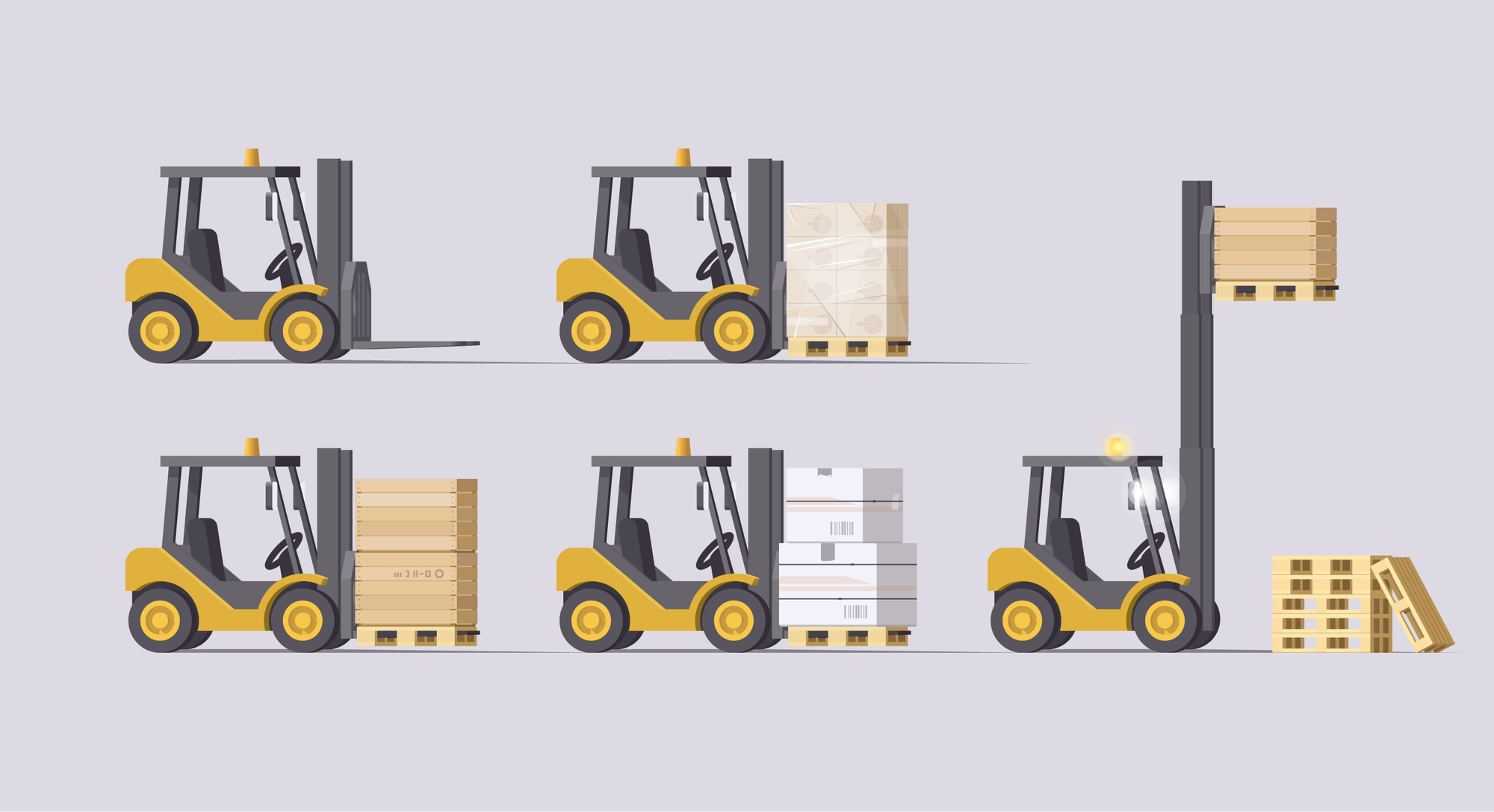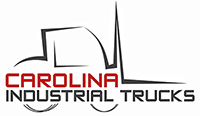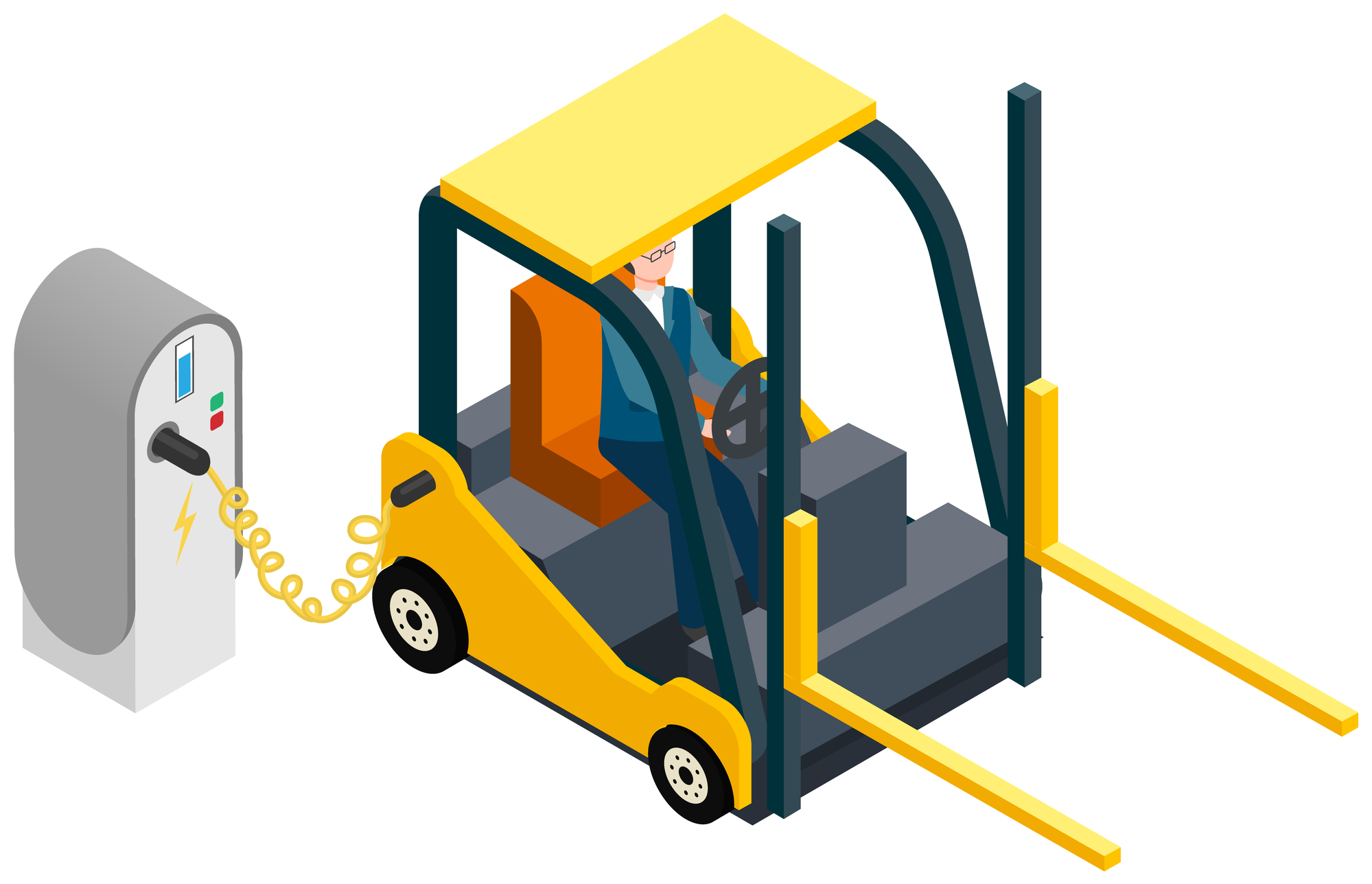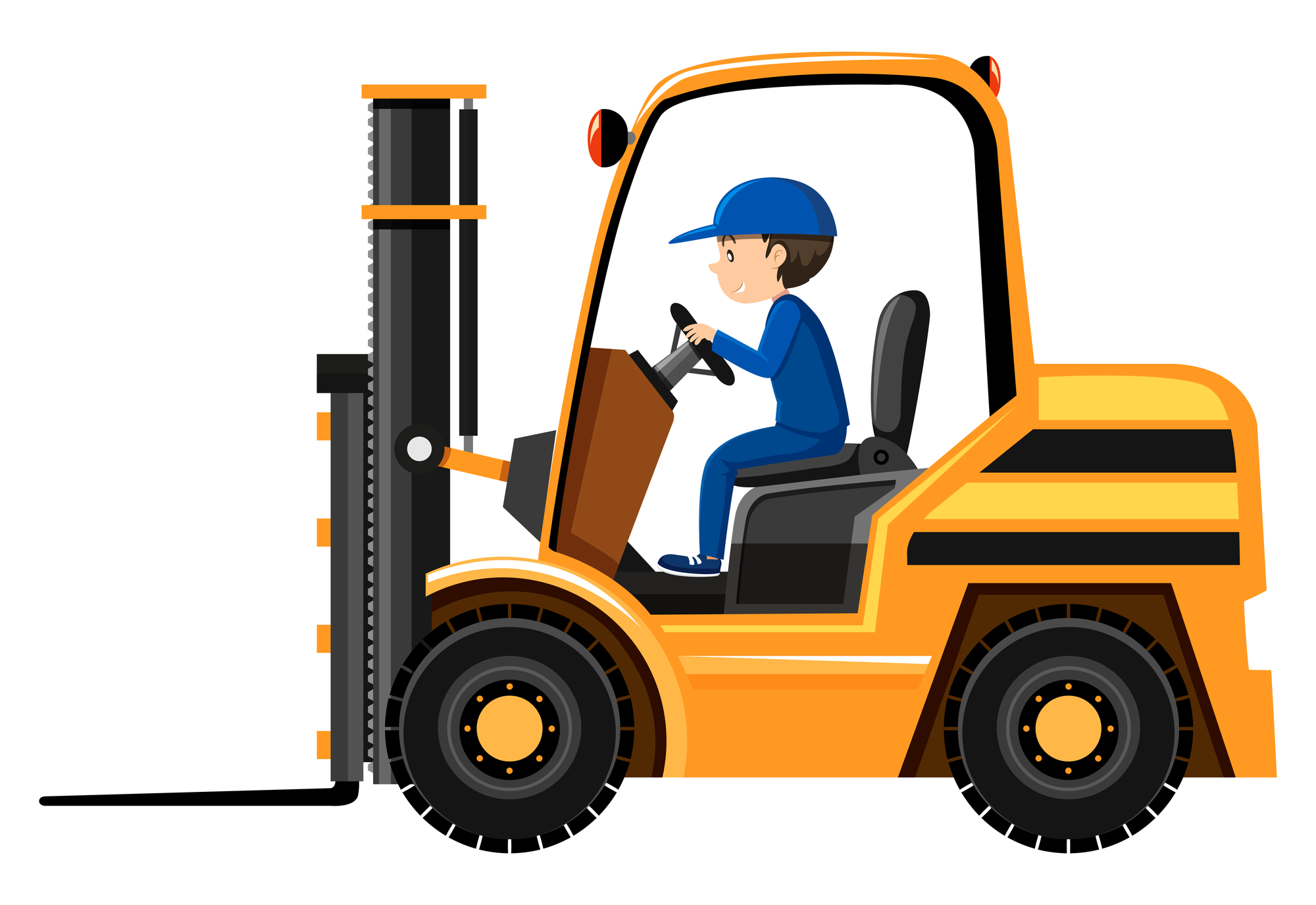How to Prolong the Life of Your Forklift
06/26/2024
CITrucks
Maintaining the longevity of your forklift is crucial for optimizing operational efficiency and minimizing costly downtime. Whether you're overseeing a fleet in a large warehouse or managing a single unit for a small business, understanding the key practices for forklift maintenance can save you both time and money.
This guide will dive into the essential steps for extending the life of your forklift, including regular inspections, proper handling techniques, and the importance of maintaining fluid levels. By adhering to these practices, you can ensure that your forklift operates at peak performance for years to come.
Forklift Training and Certification
Proper training from a certified trainer is crucial for extending the operational lifespan of your forklift. This specialized training not only enhances safety but also focuses on maintenance practices that can significantly prolong the life of your lift truck. A certified trainer will guide operators through the intricacies of forklift upkeep, aligning with OSHA standards to ensure compliance and safety.
During forklift training, operators learn the best methods to maintain their equipment. The trainer emphasizes the importance of regular checks and balances as mandated by OSHA, teaching operators to conduct thorough inspections of the forklift's key components. These include checking fluid levels, examining brakes and lifting mechanisms, and ensuring that the electrical systems are functioning properly. Understanding these elements helps prevent mechanical failures that could lead to costly repairs or replacements.
The trainer will show operators what specific signs of wear and tear to look for, which if addressed promptly, can avoid major breakdowns. By instilling these practices, certified training not only equips operators with the necessary skills to handle the forklift safely, but also instills a routine of regular maintenance checks that can dramatically extend the machinery's lifespan. Through comprehensive education and adherence to OSHA standards, the life of a forklift can be significantly enhanced, ensuring it remains a reliable asset in the workplace.
Forklift Inspections
Regular daily, weekly, and monthly inspections are key to maximizing the lifespan and efficiency of your forklift. Establishing a routine inspection schedule ensures that all components of the forklift are in top working condition and any issues are addressed promptly to prevent significant downtime or expensive repairs.
Daily inspections should include checking the forklift's fluid levels, examining the tires for wear and correct pressure, and ensuring that the brakes function properly. It’s also important to test the functionality of the lights, horn, and safety devices each day before operation.
Weekly checks should be more thorough, including a review of the forklift's forks and lifting chains for any signs of damage or wear. This is also a good time to look for any structural issues on the body of the forklift. Regular attention can help prevent the need for replacement forklift parts, which, while necessary, can be costly if damage goes unnoticed over time.
Monthly inspections should look into the deeper mechanical aspects, such as the engine, transmission, and other integral systems. Checking and replacing air filters, examining the battery and its connections, and looking over the cooling system are all part of a comprehensive monthly maintenance routine. By adhering to this systematic inspection plan, forklift operators can significantly extend the lifespan of the equipment, ensuring it performs efficiently and reliably in daily operations.

Fluid Levels
Maintaining proper fluid levels in your forklift is crucial for prolonging its lifespan and ensuring reliable performance. Various fluids play essential roles in the operation and health of a forklift, including hydraulic fluid, engine oil, coolant, and transmission fluid. Each of these fluids serves a specific function and neglecting them can lead to severe mechanical issues and costly repairs.
Hydraulic fluid is vital as it powers the lifting operations of the forklift. Low hydraulic fluid levels can cause poor lifting performance and increased wear and tear on the hydraulic pump. Similarly, engine oil lubricates moving parts within the engine, reducing friction and preventing overheating. If the engine oil level is too low, it can lead to engine damage or failure.
Coolant helps maintain the engine at a stable temperature. Insufficient coolant levels can result in overheating, which might cause engine components to warp or break. Transmission fluid ensures smooth gear shifts and operation. Low transmission fluid can lead to jerky movements and can strain the transmission system.
Regularly checking and refilling these fluids not only prevents these issues but also provides an opportunity to check for leaks and other problems that might go unnoticed otherwise. Keeping fluid levels topped up is a simple yet effective way to enhance the operational capacity and extend the lifespan of your forklift.
Proper Handling
Proper handling of a forklift is essential to maintain its functionality and longevity. Careful operation minimizes the risk of accidents and reduces wear and tear on critical components, ensuring the forklift remains in optimal condition for a longer period.
Being cautious while operating a forklift involves several key practices. Firstly, operators should always be mindful of their surroundings to avoid collisions. Accidents not only cause immediate damage to the forklift but can also lead to long-term issues that affect its performance and safety. Secondly, operators should avoid taking turns too sharply. Sharp turns can place undue stress on the forklift’s steering and hydraulic systems, leading to premature wear or even mechanical failure.
Additionally, the way the forks are raised and lowered is crucial. Forklift operators should ensure that they carefully manage the height of the forks, especially in tight spaces. Raising the forks too high or maneuvering them improperly can lead to imbalances and increase the likelihood of tipping over. Similarly, lowering the forks should be done smoothly to prevent abrupt impacts with the ground, which can damage the forks or the mast assembly.
By adhering to these practices, forklift operators can significantly extend the lifespan of the machinery. Proper forklift handling not only enhances safety but also ensures that the forklift will continue to perform efficiently and reliably in the long term.
Get the Most From Your Forklift By Working With Carolina Industrial Trucks
Ensuring the long-term health and efficiency of your forklift involves a combination of careful handling, routine inspections, proper training, and diligent maintenance of fluid levels. Each aspect of this comprehensive care protocol is designed not only to extend the operational lifespan of your forklift but also to optimize its performance, enhancing safety and productivity in your operations.
For those looking to further ensure the longevity of their equipment, consider the expertise and resources available at CITrucks. Offering both new and used forklifts, quality forklift parts for sale, and expert maintenance and training services, CITrucks is your go-to partner. Contact CITrucks today to learn more about how they can support your business's needs and help keep your forklifts running smoothly for years to come.





